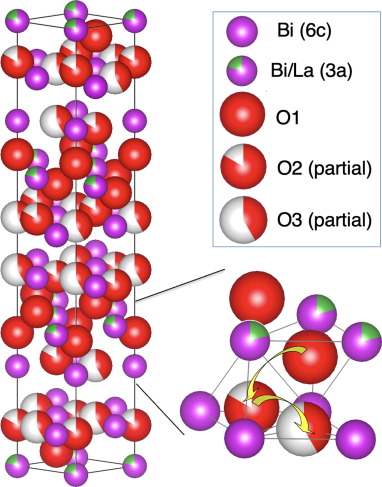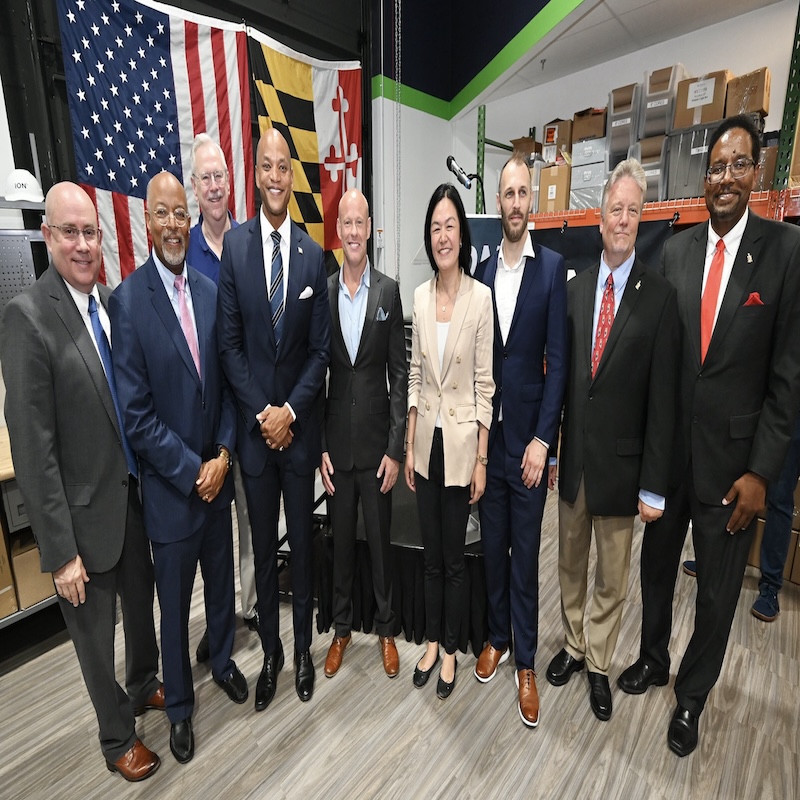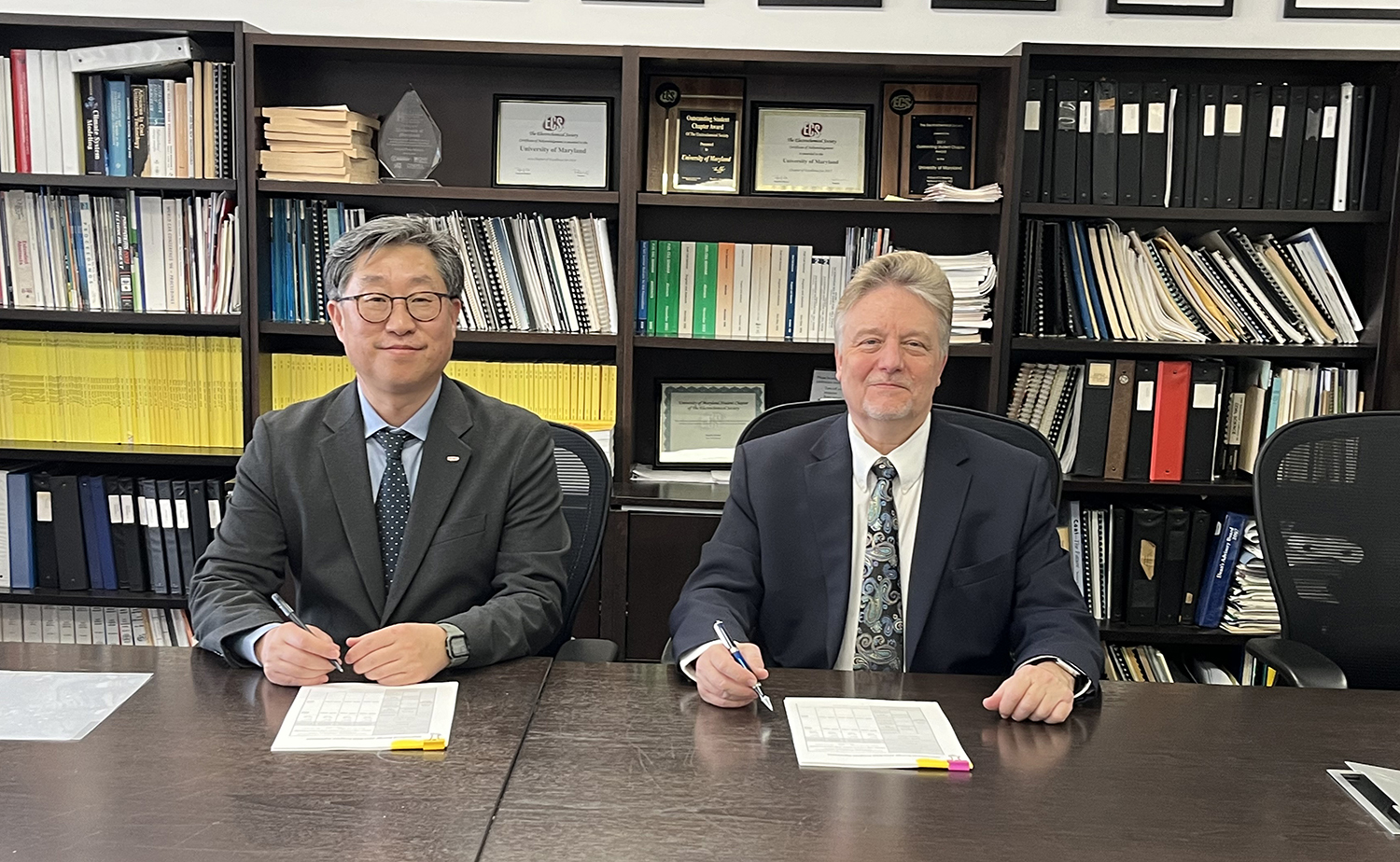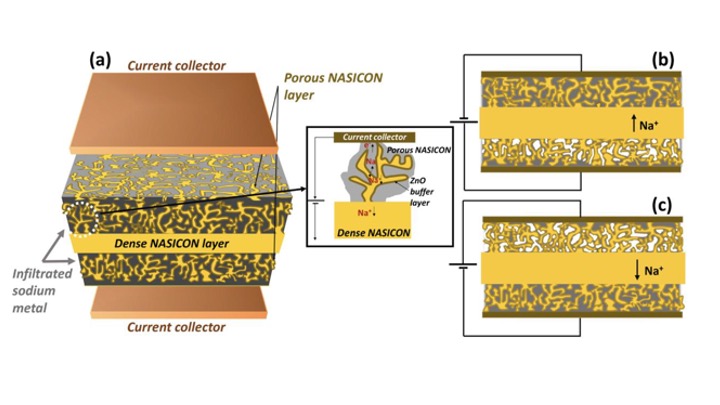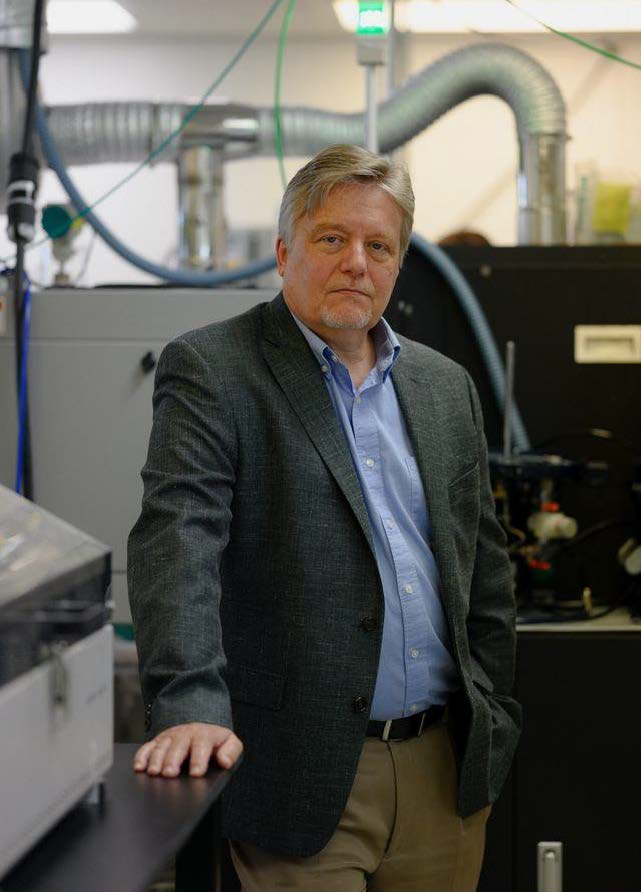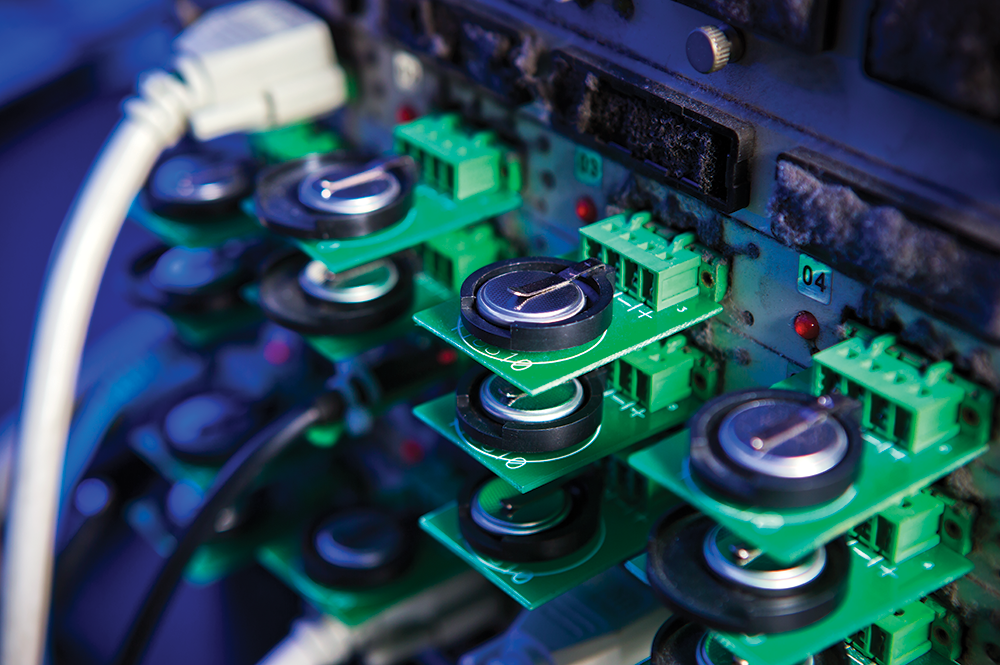News Story
MEI2 leads U.S. side of $18.4M U.S.-Israel Energy Center focused on Energy Storage
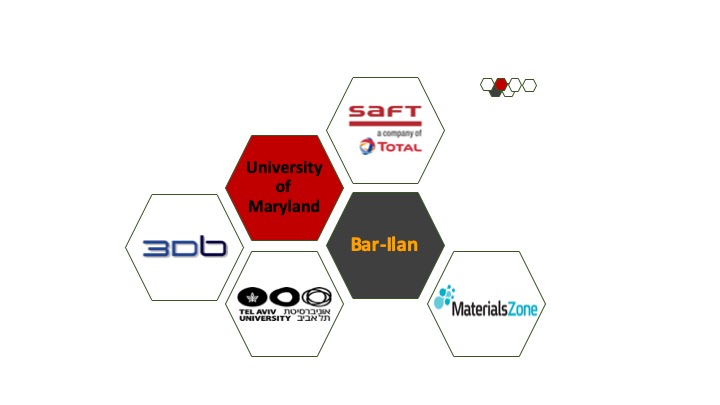
The Maryland Energy Innovation Institute (MEI2) will lead the U.S. side of a $18.4M, five-year program, awarded by the U.S.-Israel Energy Center, managed by the Binational Industrial Research and Development (BIRD) Foundation. The goal of the U.S.-Israel Energy Center is to promote energy security and economic development through the research and development of innovative technologies. The Energy Center is sponsored by the U.S. Department of Energy and by the Israel Ministry of Energy, jointly with the Israel Innovation Authority. Partners in the U.S. other than MEI2 include Saft and Forge Nano. In Israel, academic partners include Bar Ilan and Tel Aviv Universities, and company participants include 3DB and Materials Zone. MEI2 participants include University of Maryland Professors Eric Wachsman, Sang Bok Lee, Gary Rubloff, and Paul Albertus.
The proposed innovation consists of solid-state batteries that use either lithium or sodium metal as the anode material; these batteries offer a breakthrough in terms of energy per unit mass and volume at the cell level (>30% improvement vs. current Li-ion batteries), cost (by increasing energy density and using low-cost materials), safety (by use of electrolyte materials with improved intrinsic thermal stability), and an ability to serve numerous end-use sectors including specialized applications such as aerospace, as well as larger markets in transportation and stationary storage. The cooperative project will focus on advancing the science and development of solid state batteries, including work on advanced coatings, cell components, cells, and materials informatics software, for both Na and Li metal batteries.
The innovations will result from the combination of the diverse set of skills of the center partners. Teams will specialize in (1) development of new solid electrolytes, both ceramic and polymeric, (2) interfacial coatings that facilitate interphases with desirable properties, (3) unique modeling and Artificial Intelligence capabilities for active material screening/choice, and (4) assembly of battery cells for performance assessment.
"We are delighted to serve as the U.S. lead for one of the first consortia funded by the U.S.-Israel Energy Center," says Eric Wachsman, the Director of MEI2 and the lead Principal Investigator for the U.S. portion of the Energy Center. "Our industrial and academic partners, in both Israel and the U.S., are leaders in the development of battery materials, components, and cells, as well as materials informatics, and we look forward to addressing the research and development challenges associated with solid state batteries with them through our Energy Center. In addition, we look forward to personnel exchanges to strengthen our relationships and establish a successful and vibrant international cooperation, and to develop future scientific and engineering talent in this important area."
Sang Bok Lee, a co-PI and Director of the UMD NanoCenter notes, "This award was initially stimulated as one of the Maryland NanoCenter's international research collaboration activities with Bar-Ilan Institute of Nanotechnology and Advanced materials (BINA), Bar Ilan University (BIU), Israel, and energy research was selected as the first area to discuss in 2019. The UMD NanoCenter and BINA (Director, Dror Fixler) had the first teleconference on broad energy research field in June, 2019, and agreed enthusiastically to pursue the US-Israel Energy Center program the BIRD Foundation announced early last year."
In addition, Paul Albertus, the Associate Director of MEI2 and co-Principal Investigator on the award, states “Solid state batteries offer the potential to significantly improve on the energy density and materials-level safety of current Li-ion batteries. This Energy Center, building on the leading scientific expertise and innovative capabilities of project team members in both the U.S. and Israel, in both universities and companies, will pursue a multi-faceted approach to making the advances in scientific understanding and technical innovation that will bring solid state batteries closer to commercialization for the wide range of applications – including niche, high value, and mass market – that would greatly benefit from their use.”
For more information on the BIRD Foundation award, click here for their award announcement.
MEI2 brings together science, industry, government and economic leaders to develop solutions to global and local energy problems (i.e. cleaner and renewable energy solutions; more efficient use and storage of energy) and assist the transfer of knowledge and resources to the public in addition to transitioning the research into marketable products and services through locally based entrepreneurial ventures.
Published March 11, 2020
